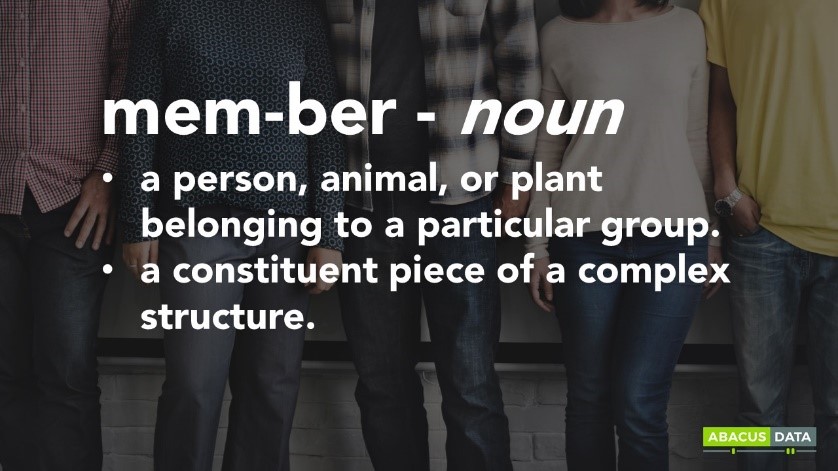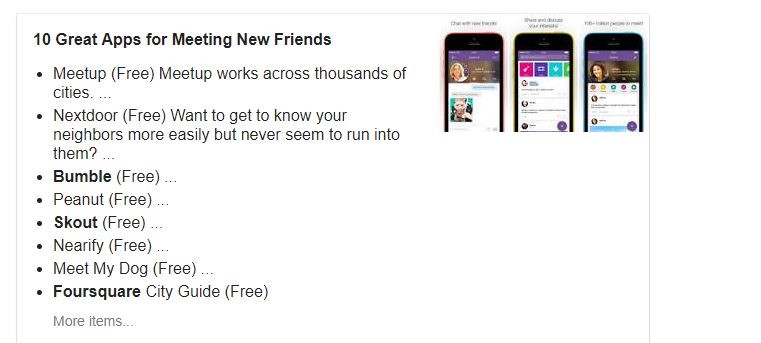Where did the Millennials go? Millennials and membership
May 9, 2019
Gone are the days of diligent church-going twenty-somethings, and after work drinks at the social club for the mid-career millennial employees. It’s apparent that millennials social lives are drastically different, and not just because of the high usage rates of social media apps such as SnapChat and Instagram used to communicate over the classic postal system. Private clubs, such as country clubs, have seen a 15% decrease since 2003 and if you walk into an annual meeting for organizations such as Lion’s Club, Kiwanis, and Rotary, you are likely to see more grey hair than not.
Organizations and groups with traditional memberships are seeing a decline in millennial attendance and participation. Is it plausible that there are financial and time restraints to millennials participation? Time and money are two things millennials don’t have a lot of, yet, that doesn’t seem to fit because even though country clubs require money, and organizations like rotary requires time, millennials are still forgoing other memberships opportunities like attending church services (services that range from 1-2 hours a week and requires no financial contribution). . So, what gives? Millennials are all about creating online communities, and Facebook specifically filters content to foster and strengthen online communities. So why are so many traditional member organizations not seeing the same growth in numbers?
We offer a few explanations and present the argument that Millennial members are not disappearing, but rather changing how and what they decide to become members of.

-
Cost
According to a study by Goldman and Sachs, price is more important for millennials than non-millennials and quality is slightly less important for millennials compared to non-millennial. This trend extends to millennials views on clubs and memberships. The Club Managers Association of America commissioned a study in 2016 to better understand the behaviours of millennials and club membership. They found that for two in three millennials (63%) the financial obligations of club membership were a barrier to signing up for a membership.
-
Social Values
The same study by the Club Managers Association of America found that while cost was seen as a barrier, it was not the biggest. Twenty-three per cent answered lifestyle fit as the biggest barrier to joining a club. Millennials still crave a sense of belonging among their peers like every other generation, but the way in which they can obtain the sense of belonging is shifting. Millennials still pay monthly fees (they can’t get enough of those subscription boxes, meal kits, and hot yoga memberships), but their likelihood to share the same values as traditional, institutional organizations is changing, and thus, the average millennials likelihood to become a member has changed as well.
The Goldman Sachs study reveals that a strong brand is not enough to draw millennials to purchase a product anymore. And when asked, only 10% said it was important to them to own a luxury handbag, which signifies as a status symbol. Instead, millennials take a more ethics-oriented approach when making spending decisions. According to a creative agency in the States, 64% of millennials would choose a socially-conscious brand over a luxury one. This is relevant to memberships that pride themselves on status, luxury, and exclusivity to promote their businesses and communities. These millennial values are not traditionally synonymous with clubs and institutions that rely on status, luxury, or event exclusivity.
-
Convenience
Last is the reason for almost any millennial behaviour, convenience. Many membership organizations of the past depended on the fact that social interactions almost always needed to take place in person. If people wanted to surround themselves with like-minded individuals, they signed up for the club or association where they could meet and interact with those individuals. Now with the internet, millennials can feel connected and surrounded by like-minded people no matter their physical location. Church worships are live-streamed, comment sections on Instagram photos are full of discussions with like-minded individuals, and there are even apps dedicated to people making friends with similar interests. With these online connections, millennials don’t need to waste their precious time driving out to the country club, or community centre.

The good news for traditional membership organizations is that millennials, as a generation, are social. It’s just the way in which they choose to connect that has changed and the market for memberships will have to adapt and restructure their programming to gain the money, time, and social lives.
At Abacus we strive to understand the nuances of generational change and how it impacts you and your business. The Canadian Millennials Report is the largest syndicated study of millennials in Canada. We survey 2,000 millennials twice a year on a range of topics including politics, social values, and consumer trends. If you are interested in learning more about this generation, reach out to us and we would be happy to connect.



